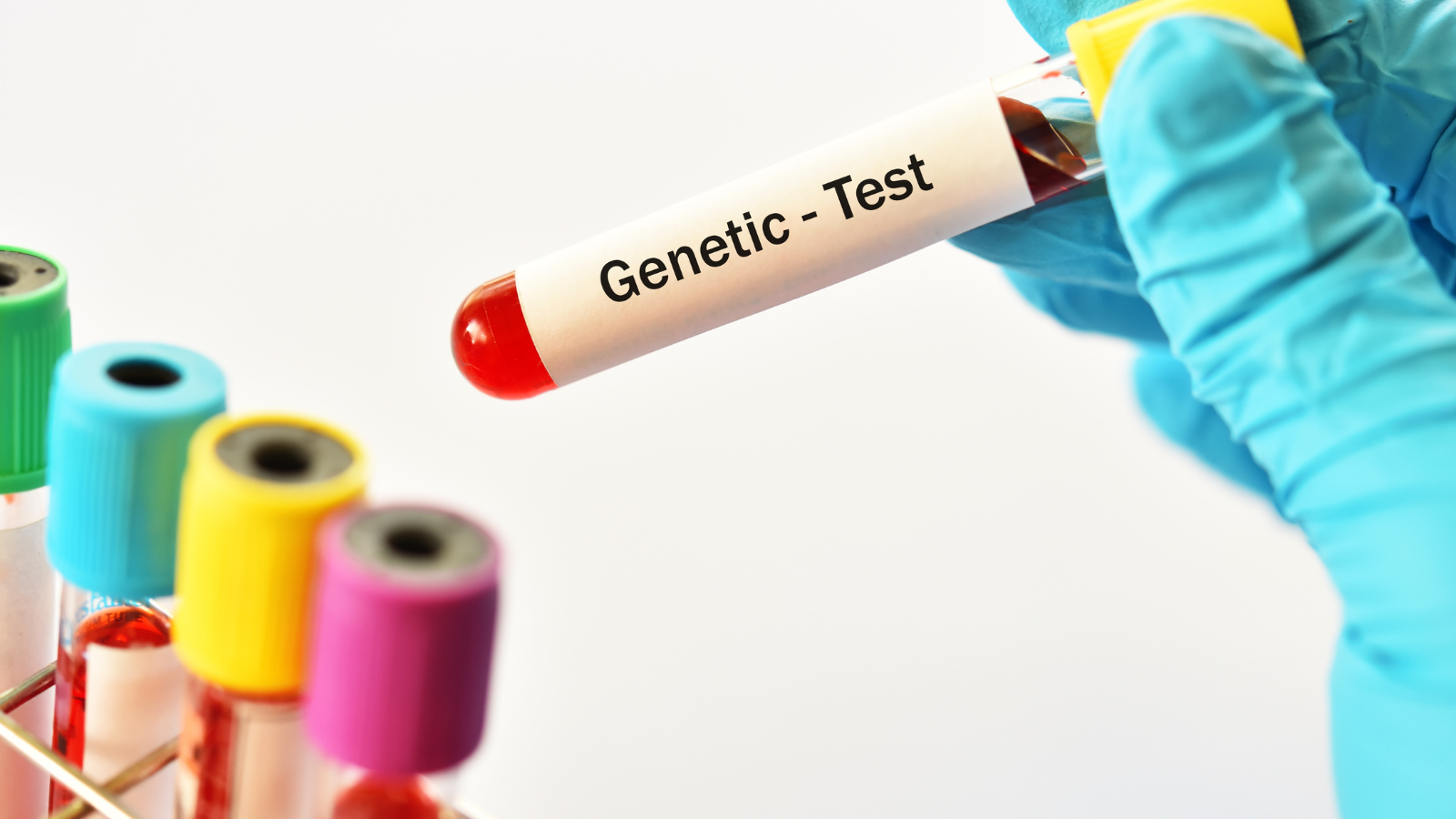1) To provide an accurate diagnosis
Certain disorders can only definitively be diagnosed using genetic testing. Having a clear diagnosis can provide answers and helpful information to families.
2) To decide on the best treatment
Genetic testing, in some instances, can provide essential information needed to guide treatment options.
3) To empower reproductive decision making
The results from genetic tests allow informed decision making when it comes to starting a family, and in some instances may enable other reproductive options (i.e. preimplantation genetic diagnosis)
4) To provide access to screening and intervention treatments
In certain genetic conditions which have a late-onset, for example hereditary cancer syndromes, access to additional screening and risk reducing treatments may be available.
